Will AI-Generated Content Hurt Your SEO? Here’s What Google Actually Says (2025 Update)
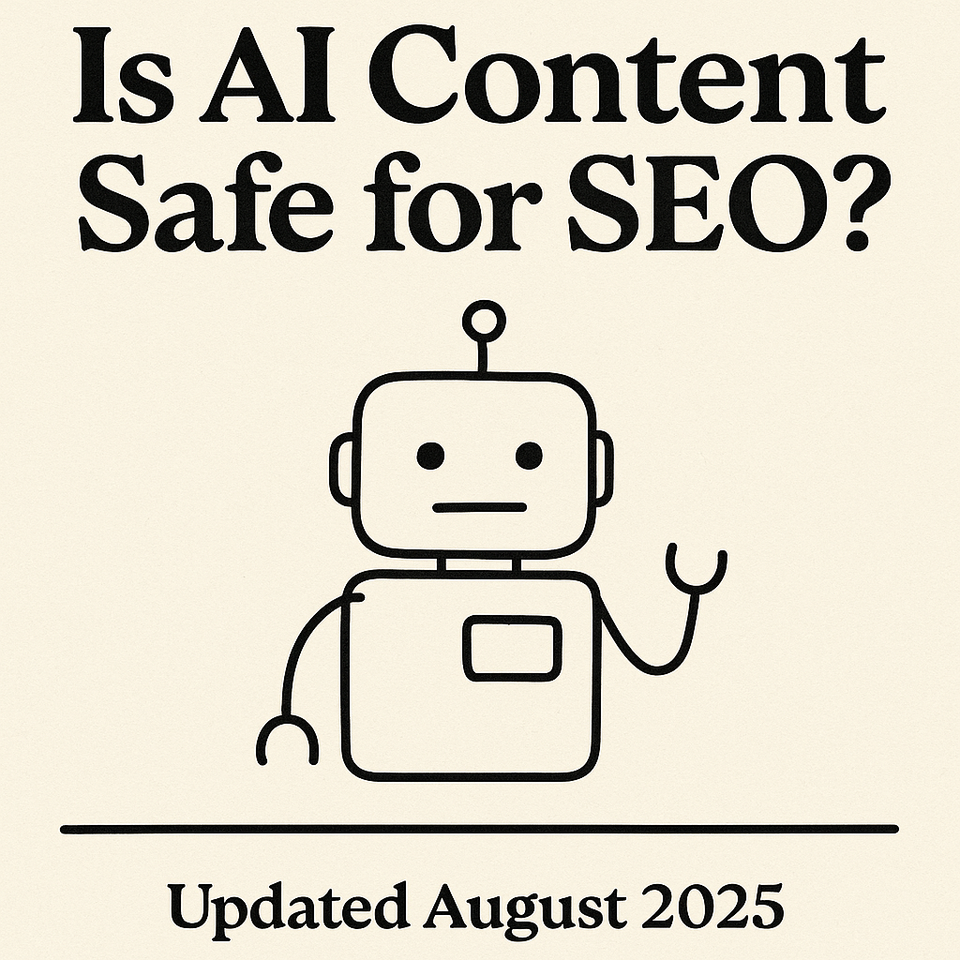
Updated August 2025
🤖 TL;DR
- No, Google does not penalize AI content.
- Yes, Google penalizes low-quality content — AI or human.
- If your AI-generated article is helpful, relevant, and original, it can rank just fine.
- But if it’s generic, spammy, or written purely for clicks? You’re in trouble.
Let’s break down exactly what Google has said — and what actually works in 2025.
📌 What Counts as AI-Generated Content?
AI-generated content refers to any text created by artificial intelligence tools — like ChatGPT, Jasper, Claude, or Gemini — without (or with minimal) human editing.
This includes:
- Blog posts
- Social captions
- Product descriptions
- Marketing emails
- YouTube scripts
- Auto-filled landing pages
And yes — search engines can detect patterns in this content. Which is why quality matters more than ever.
🧠 What Google Has Officially Said (2023–2025)
🗣️ Google (Feb 2023):
“Our focus is on the quality of content, rather than how it’s produced.”
— Google Search Central
Translation: AI is not the problem. Bad content is.
Google's major algorithm updates in 2023 and 2024 — like the Helpful Content Update — shifted the focus to:
- First-hand experience
- Depth of insight
- Originality
- Usefulness to real people (not bots)
If your AI content sounds like a middle-school book report written in corporate tone? It’s not going to rank — and it might hurt your site authority over time.
⚠️ When AI-Generated Content Will Hurt Your SEO
These are the red flags:
- ✅ Zero originality – Generic tips you can find anywhere
- ✅ Keyword stuffing – Repeating terms unnaturally
- ✅ No author voice – Bland, robotic tone
- ✅ No structure – No headings, images, or clear formatting
- ✅ No citations – Especially for factual or statistical claims
- ✅ Fully automated – Published without human fact-checking or editing
These signal low E-E-A-T (Google’s standard: Experience, Expertise, Authoritativeness, and Trust).
✅ When AI-Generated Content Helps Your SEO
Now let’s talk about when AI works — and works really well.
Great AI-assisted content usually:
- ✅ Starts with a human idea or outline
- ✅ Answers a real question or solves a real problem
- ✅ Includes personal examples, quotes, or stats
- ✅ Has clear structure (headers, lists, summaries)
- ✅ Is reviewed and edited by a human
- ✅ Provides value beyond what AI alone could create
In short: Use AI to draft. Use your brain to shape.
📊 Real Example: Good vs. Bad AI Content
| Feature | Spammy AI Post | SEO-Friendly AI Post |
|---|---|---|
| Title | Top 10 Tips for Blogging | How to Start a Blog That Ranks in 2025 |
| Intro | Generic, vague | Personal, helpful, hooks reader |
| Voice | Robotic, keyword-heavy | Conversational, confident |
| Value | Recycled info | Fresh perspective, niche examples |
| Optimization | Stuffed with random terms | Clean structure, real internal links |
| CTA | None or “Click here now!” | Offers next step or lead magnet |
🔍 FAQ — Because Google Loves This Section
Q: Will Google penalize me for using ChatGPT?
A: No. Not if your content is helpful, readable, and adds value. Google cares about quality, not tools.
Q: Can Google detect AI-generated content?
A: Increasingly, yes. Especially at scale. Tools like Google’s SpamBrain and other pattern-recognition systems flag low-quality AI content fast.
Q: Can AI-generated blog posts rank on Google?
A: Yes — many do. But only if they meet Google’s quality and experience standards.
Q: What’s the best way to use AI for SEO in 2025?
A: Use AI to draft, not to decide. Add your own voice, structure, facts, and personality.
🧭 Final Thoughts: How to Stay Ahead
AI is a tool, not a shortcut. Google doesn’t care whether a human or a robot wrote your content. It cares about:
- Is this useful?
- Is this new?
- Is this real?
You can use AI to go faster. But only you can make it matter.
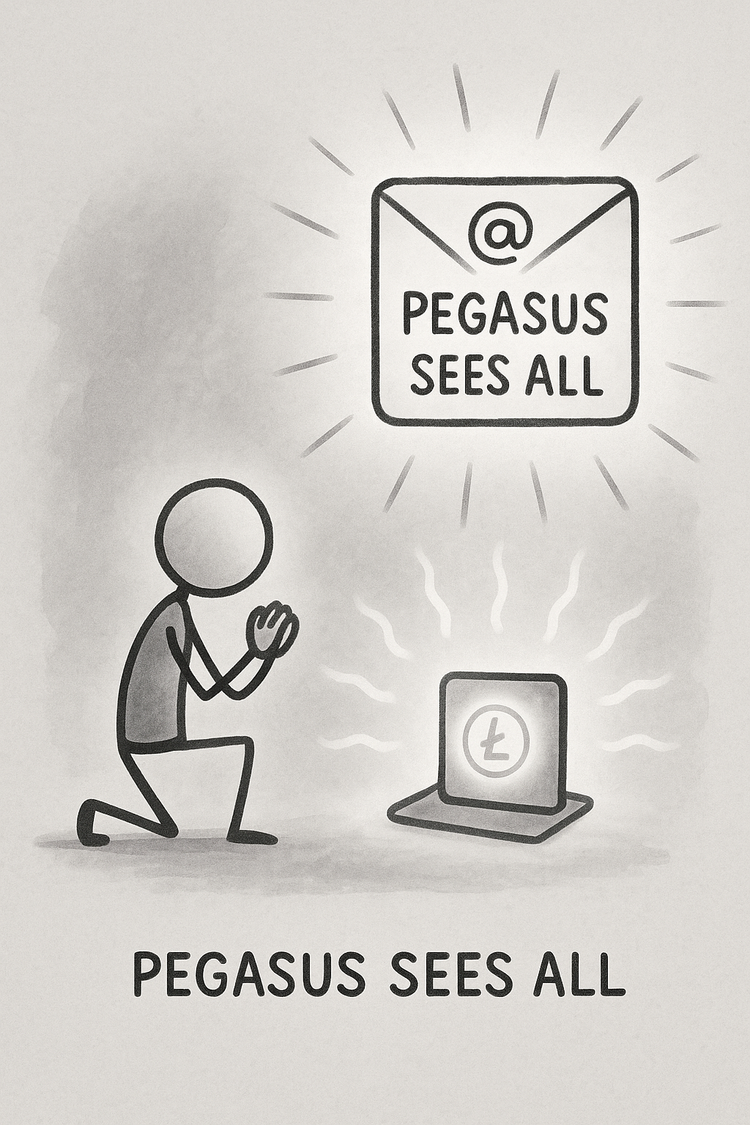
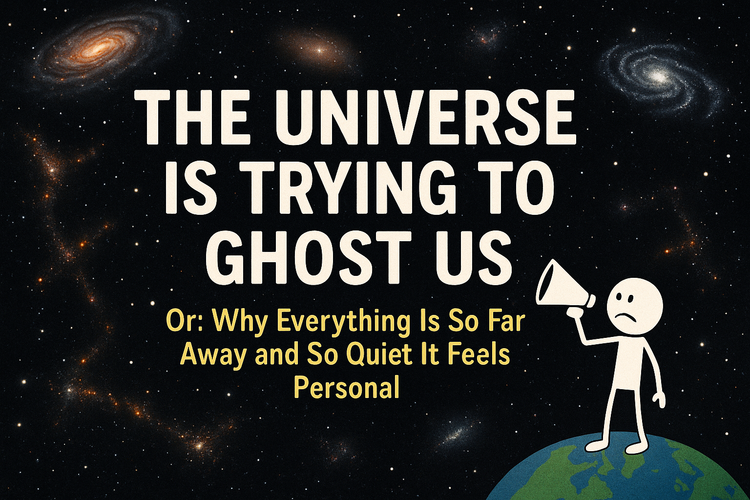
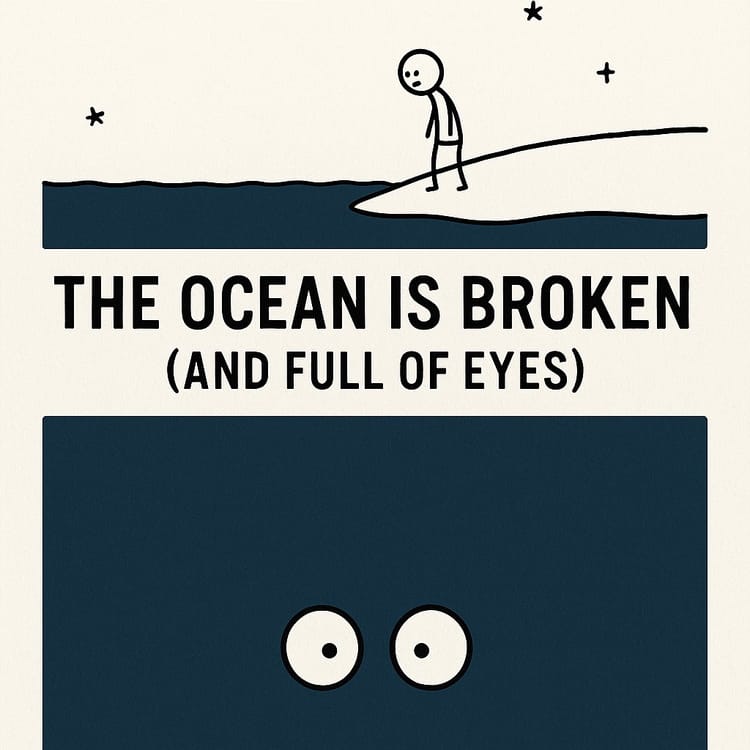
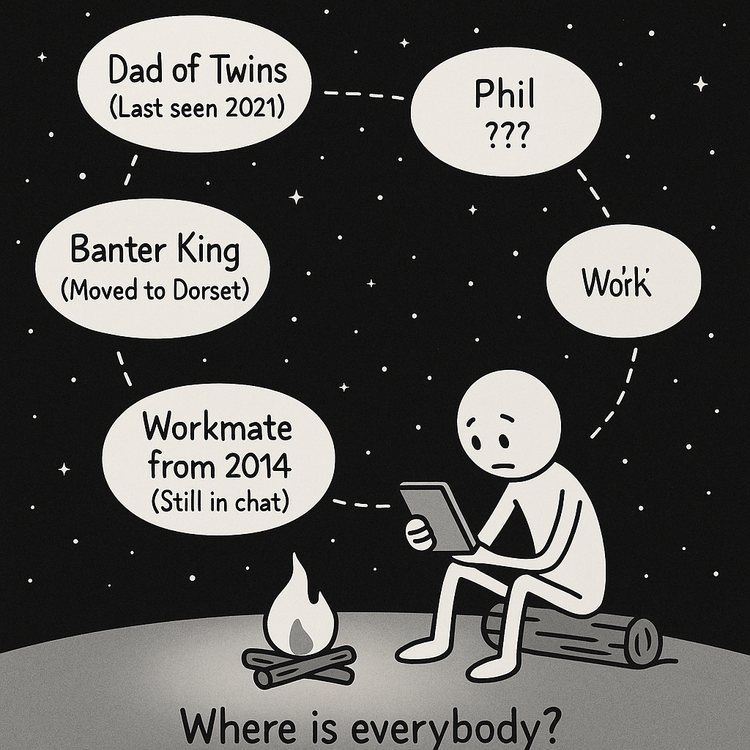
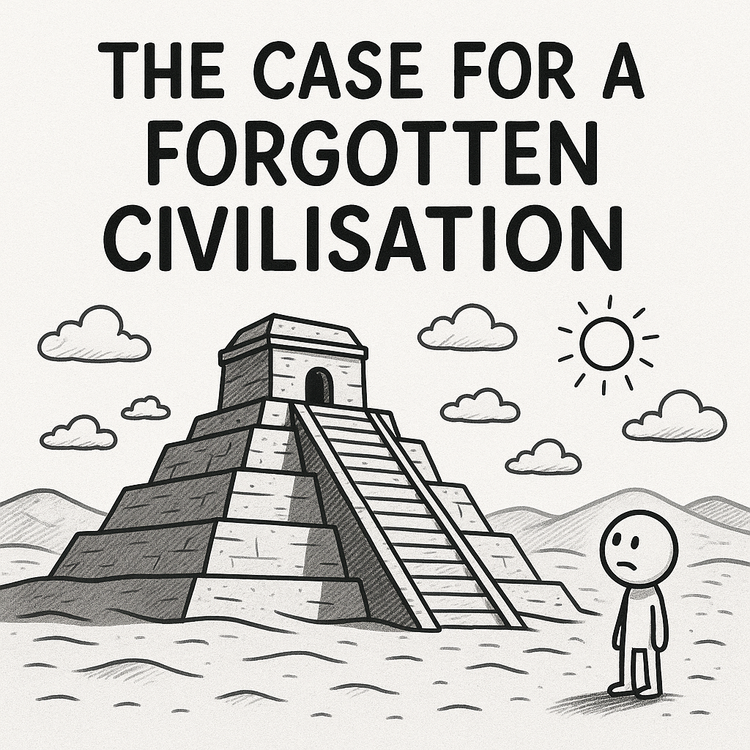
Member discussion